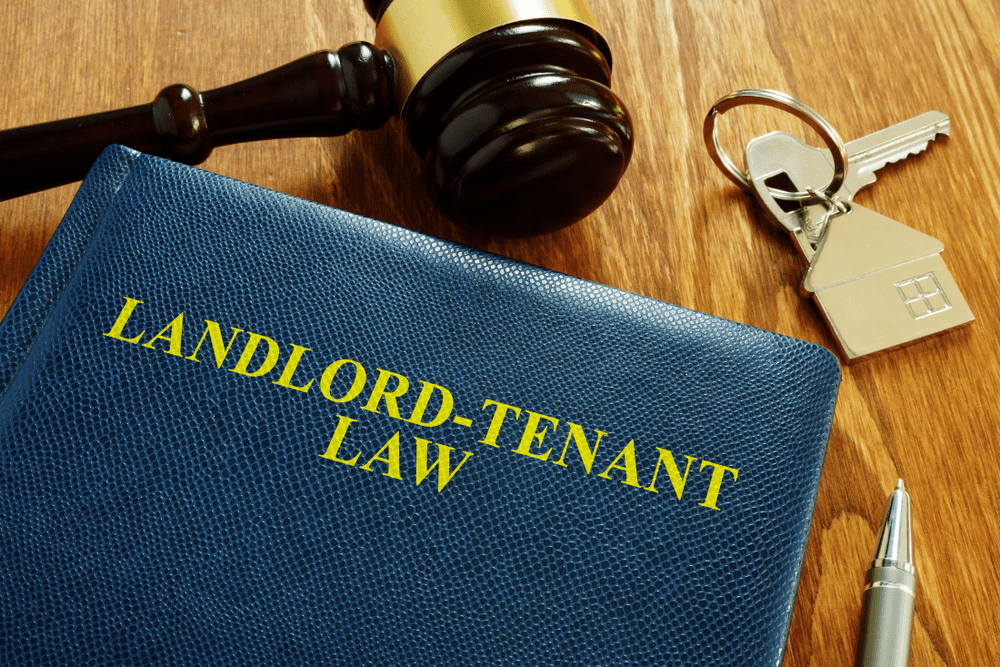What Are the Benefits of Accepting a Cash Offer on a House in New York?
A cash offer, as opposed to a traditional mortgage-backed deal, involves a buyer paying the entire purchase price in cash. This might be their own funds or a combination of savings and loans. The significance of opting for a cash offer in New York cannot be overstated. According to data from the New York State Association of Realtors, the median home price in New York has been on a steady rise, reaching $340,000 in the latest quarterly report. In such a competitive market, where time is of the essence, the benefits of accepting a cash offer become apparent. In this article, we delve into the compelling reasons why accepting a cash offer on your New York house might be the golden ticket you’ve been waiting for. 1. Speedy Transactions One of the most compelling reasons to consider a cash offer is the accelerated pace at which transactions can occur. Traditional home sales, reliant on mortgage approvals and lengthy paperwork, can stretch the selling process to months. However, cash offers can dramatically reduce this timeline. According to a report by the National Association of Realtors, the average closing time for cash transactions is approximately 15 days, compared to 45 days for financed deals, in a city where everyday matters, a speedy transaction can be a game-changer, allowing sellers to move swiftly on to their next chapter without being tied down by a prolonged sale process. 2. Certainty and Reliability In the unpredictable realm of real estate, certainty is a rare gem. Cash offers provide sellers with a sense of security as they eliminate the uncertainties associated with mortgage approvals. The Federal Reserve Bank of New York reports that mortgage approval rates can fluctuate based on various economic factors, creating an element of unpredictability for both buyers and sellers. Accepting a cash offer means sidestepping this potential hurdle, ensuring a more reliable and secure transaction. In a city where the pace is frenetic, having a dependable deal on the table can be a comforting assurance. 3. Competitive Advantage In a seller’s market like New York, where demand often outstrips supply, having a competitive edge is crucial. Cash offers wield a distinct advantage in this scenario. A study by Zillow indicates that in competitive markets, sellers who accept cash offers are more likely to secure a deal at or above the asking price. Buyers armed with cash are seen as more attractive to sellers, given the reduced risk of the deal falling through and the expedited closing process. By accepting a cash offer, sellers position themselves favorably in the competitive New York real estate landscape. 4. Negotiation Power Cash is undeniably a powerful negotiating tool. Sellers accepting cash offers often find themselves in a stronger position to negotiate favorable terms. Whether it’s a reduction in the sale price or specific contingencies, cash buyers are motivated and ready to close the deal efficiently. A survey conducted by the National Association of Realtors found that sellers are more likely to negotiate on price and other terms when presented with a cash offer. This negotiation power can be a strategic advantage for sellers looking to maximize their returns in the vibrant and dynamic New York real estate market. 5. Reduced Risk of Deal Falling Through One of the nightmares for any seller is a deal falling through, often due to financing issues on the buyer’s end. This risk is significantly mitigated when dealing with cash offers. According to the Urban Institute, mortgage denials accounted for about 8.9% of all home purchase loan applications in 2021. By accepting a cash offer, sellers eliminate the risk of the deal collapsing due to financing challenges, ensuring a smoother and more predictable transaction. In a city where time is of the essence, avoiding the potential setbacks associated with mortgage approvals is a considerable advantage. 6. No Realtor or Commission Fees from Sale Sellers in New York are well aware of the substantial costs associated with real estate transactions, including hefty realtor commissions. Opting for a cash offer can result in significant savings in this regard. With a cash deal, there’s no need for a buyer to involve a lender, bypassing the need for a buyer’s agent. This absence of intermediaries translates to direct savings for the seller. A report from Clever Real Estate suggests that realtor commissions typically range from 5% to 6% of the sale price. By accepting a cash offer, sellers can retain a more significant portion of their proceeds, enhancing the overall financial benefit of the transaction. 7. Less paperwork Navigating the paperwork labyrinth of a traditional real estate transaction can be overwhelming. However, cash offers often streamline this process, reducing the paperwork burden on sellers. With no need for mortgage applications, appraisals, and lender-required documentation, sellers can enjoy a more straightforward and efficient process. A study by the Consumer Financial Protection Bureau found that mortgage applications can involve a voluminous amount of paperwork, contributing to the time-consuming nature of traditional transactions. Accepting a cash offer in New York offers sellers a more streamlined and less bureaucratic experience. Conclusion: Sealing the Deal with CashbuyersNY In the whirlwind of the New York real estate market, where time is money and certainty is paramount, the benefits of accepting a cash offer on your house are undeniable. From speedy transactions to enhanced negotiation power and reduced paperwork, the advantages speak for themselves. As you contemplate the sale of your New York home, consider the expeditious and reliable avenue offered by cash buyers. Our company, Cash buyers NY, specializes in hassle-free cash transactions, ensuring a seamless experience for sellers in the city that never sleeps. Choose the certainty, speed, and financial advantages of a cash offer with Cash buyers NY. Seize the opportunity to unlock the full potential of your real estate transaction, and let us be your trusted partner in navigating the dynamic landscape of New York’s housing market.
What Are the Benefits of Accepting a Cash Offer on a House in New York? Read More »












